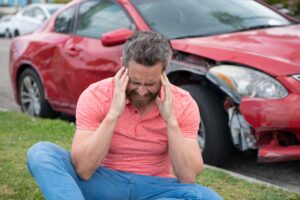
Let’s explore this topic and outline your options as an uninsured driver in Florida.
Defining Fault for Florida Motorists
First off, let’s define what it means to be at fault in a car accident in Florida. It’s important to understand that Florida is a no-fault state, meaning that drivers are required to carry personal injury protection coverage, which will cover the driver’s damages regardless of who is at fault.
If a motorist’s insurance doesn’t cover the full amount of their damages, and they can prove that the other driver was more at fault in the crash, they may be able to file a claim with the at-fault driver’s insurance company. Doing so requires proof, however, so drivers should take photos and detailed notes at the scene.
What to Do as an Uninsured Motorist if the Other Driver Was at Fault
If you’re uninsured and the other driver is at fault, you may be able to file a lawsuit against the other driver, but you’ll need the help of an experienced attorney. While you may receive compensation for your damages, it depends on the details of your case. Given that driving uninsured in Florida is illegal, your attorney will need to carefully evaluate your options.
The experienced auto accident attorneys at Weldon & Rothman, PL can help you understand the best path forward after a crash. Contact us today for a free case evaluation!
